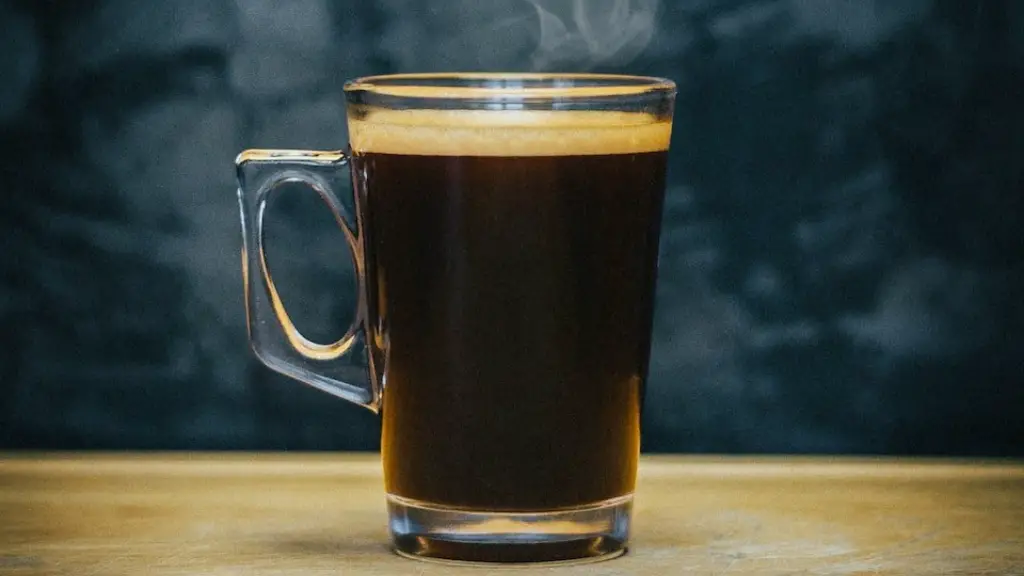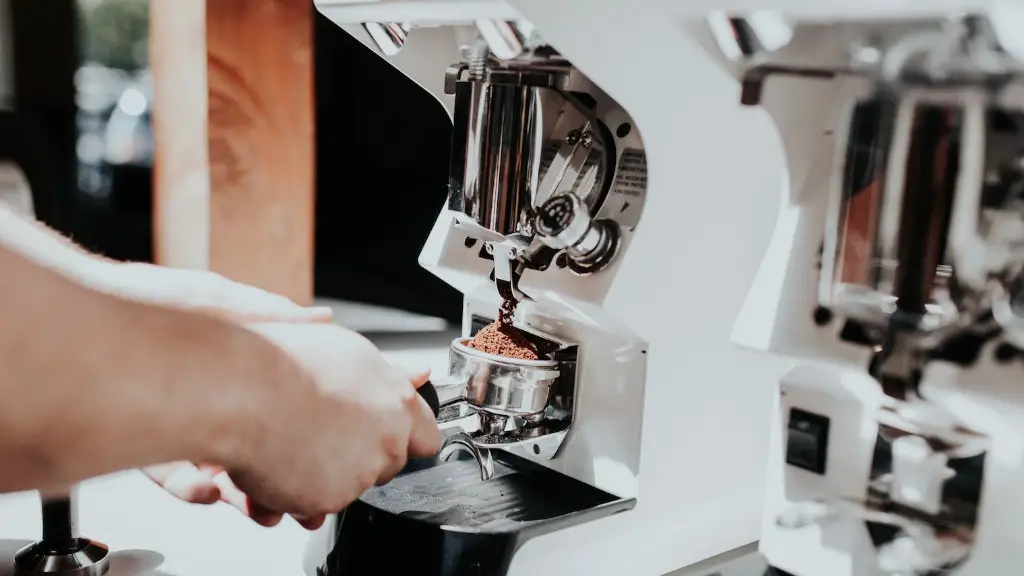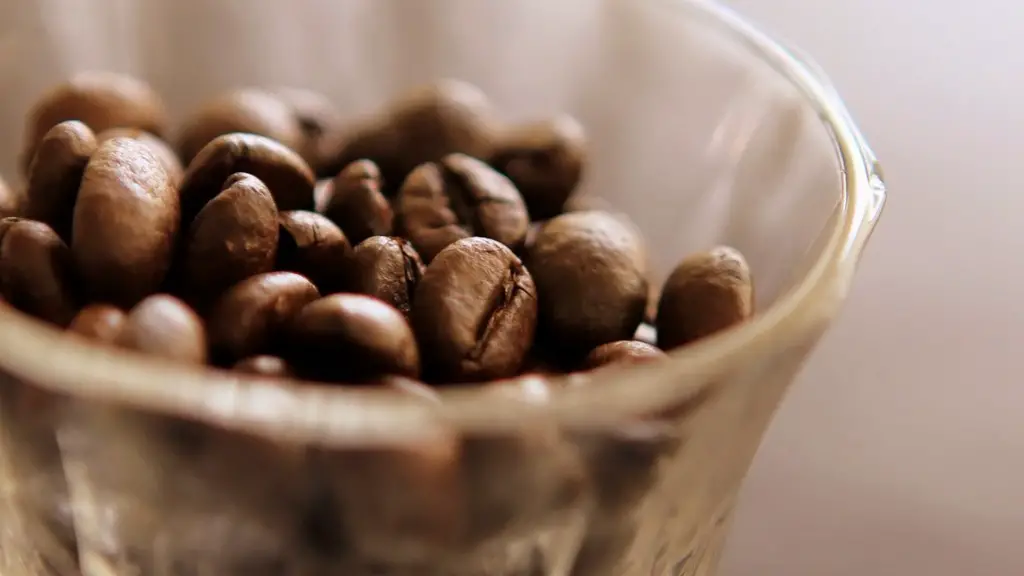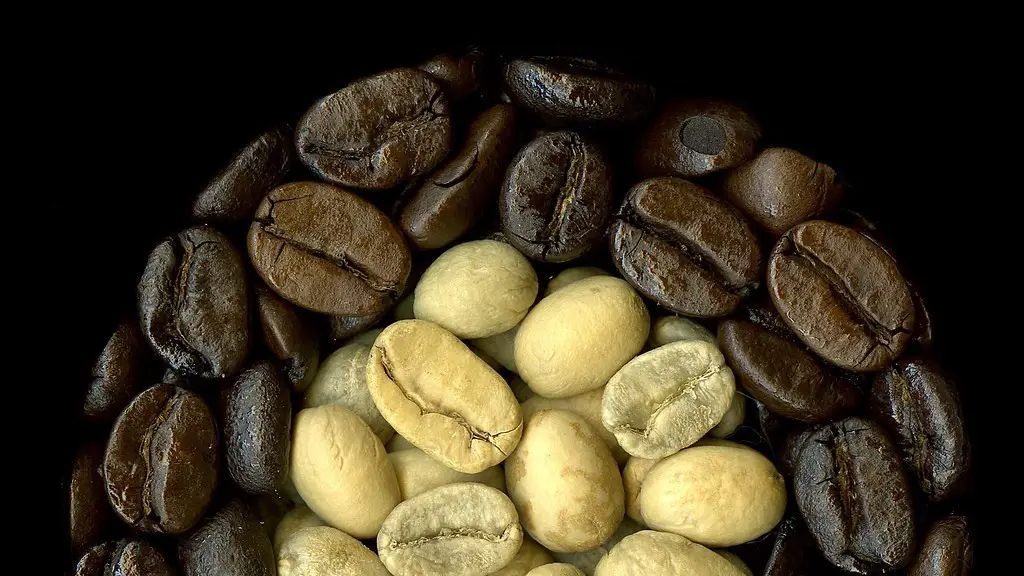Should You Drink Coffee After Brushing Teeth?
Whether you’re addicted to your morning cup of java or you enjoy a warm cup of Joe on occasion, drinking coffee after brushing your teeth may be something that you consider doing. Many people think that it can damage the enamel and that it can give you a sour taste in your mouth.
It is important to understand the effects that drinking coffee can have on the health of your teeth, mouth and even your gums. Studies have been conducted by experts in the field of dentistry that show that drinking coffee can significantly increase the risk of having cavities and other problems with the health of your teeth.
The act of drinking coffee directly after brushing your teeth can actually strip away the protective layer of enamel and make your teeth more prone to cavities and other issues. The reason for this is acids in the drink that can etch the enamel and cause decay. If you are looking to drink coffee after brushing your teeth, it’s best to wait at least 30 minutes before consuming it.
Another issue with drinking coffee immediately after brushing your teeth is that it may not taste as good due to the chemicals present in toothpaste. It can also make your breath smell sour and can leave a funny taste in your mouth. If you want to reduce these after effects then you should try to brush your teeth either before you drink your coffee or wait at least 30 minutes after brushing before consuming it.
Some studies have even found that drinking coffee can lead to other issues with your oral health such as an increased risk of gingivitis, periodontal disease and even bad breath. So it is definitely important to make sure that you are not drinking coffee immediately after brushing your teeth as this can have some serious consequences for your oral health.
It is also important to note that drinking coffee in general can have an effect on your teeth. Coffee is known to stain your teeth, so if you are a frequent drinker of coffee then you should make sure to take good care of your oral hygiene and protect your teeth from staining.
Coffee Substitutes
If you are looking for an alternative to drinking coffee then you may want to consider drinking herbal tea. There are many different types of herbal teas out there that can provide you with a great flavor while also being beneficial to your health. Herbal tea contains less acid than coffee and can help to clean and nourish your teeth. Additionally, drinking herbal tea can help to reduce stress levels and may even help to improve your mood.
If you have a sweet tooth then you may want to consider switching to decaffeinated coffee. Decaffeinated coffee contains about 97% less caffeine than regular coffee, so it is much healthier for your teeth. It also has other benefits such as having fewer calories and fat than regular coffee.
There are also many herbal alternatives on the market such as chai tea and rooibos tea. These drinks are naturally sweet and flavorful and can provide you with some of the same benefits of coffee without the damage to your teeth.
Coffee Cleaning
To minimize the damage to your teeth caused by drinking coffee, you should make sure to brush your teeth, floss, and go to regular checkups. Additionally, it is important to use a toothbrush that has soft bristles and to avoid overly vigorous brushing as this can damage the enamel on your teeth.
You may also want to consider using a special coffee toothpaste that contains additional ingredients that help to remove coffee stains. There are also many over-the-counter products such as mouthwashes and gels that can help to reduce the damage caused by coffee.
If you are a frequent coffee drinker then it is important to realize the importance of taking proper care of your oral health. Make sure to visit your dentist regularly, take extra care when brushing and flossing your teeth, and to limit the amount of coffee that you drink.
Dietary Considerations
In addition to brushing and flossing your teeth, it is important to pay attention to your diet as well. Eating a balanced and healthy diet can help to reduce the impact that coffee can have on your teeth. Eating foods that are high in calcium and other nutrients can help to strengthen your teeth and can reduce the risk of tooth decay.
It is also important to limit the amount of sugary drinks and foods that you consume. Foods and beverages that are high in sugar can increase your risk of tooth decay because the bacteria in your mouth feed on the sugar and produce acids that can damage your enamel. Therefore, it is important to limit your intake of sugary foods and drinks to maintain healthy teeth.
Drink More Water
Finally, it is important to drink plenty of water to keep your mouth clean and to reduce the amount of acids in your mouth. Water helps to rinse away food particles and bacteria and can help to reduce the amount of plaque that accumulates on your teeth. Additionally, water helps to neutralize acids in your mouth and prevents them from damaging your enamel. Therefore, drinking plenty of water after eating and drinking can help to keep your teeth in good condition.
Lifestyle Changes
Making small changes in your lifestyle can also make a big difference in terms of the health of your teeth. Avoid smoking and limit the amount of alcohol that you consume as these can both increase your risk of tooth decay. Additionally, reducing the amount of stress in your life can help to reduce the risk of decay as well.
In conclusion, drinking coffee after brushing your teeth may cause damage to the enamel and can make your breath smell sour. However, if you wait at least 30 minutes after brushing before consuming your coffee and practice good oral hygiene, then it is possible to minimize the impact that drinking coffee can have on your teeth. Additionally, making dietary changes, drinking more water, and avoiding smoking can all help to maintain healthy teeth.
Environmental Considerations
Another important factor to consider when it comes to oral health is the environment. Many studies have shown that pollutants in the environment can increase a person’s risk of cavities and other dental problems. It is important to be aware of the environmental hazards in your area and to take steps to reduce exposure when possible. Eating organic fruits and vegetables, avoiding sugary drinks, and limiting contact with water sources that may be contaminated can all help to reduce your chances of developing dental problems.
Additionally, it is important to be aware of the air quality in your area. Poor air quality can increase your risk of cavities and other dental problems. Look into local air quality reports and make any necessary changes to your lifestyle to reduce your exposure to air pollutants.
Preventive Care
Finally, preventive care is essential for good oral health. It is important to visit your dentist on a regular basis for cleanings and checkups. Your dentist can identify any potential issues early and can treat them before they become more serious. Additionally, visiting your dentist regularly can help to identify any risk factors that may increase your risk of dental problems.
In summary, drinking coffee can increase the risk of cavities and other problems with your oral health. Therefore, it is important to take good care of your teeth and to avoid drinking coffee immediately after brushing. Additionally, it is important to make dietary changes, drink more water, and practice preventive care to maintain healthy teeth.





